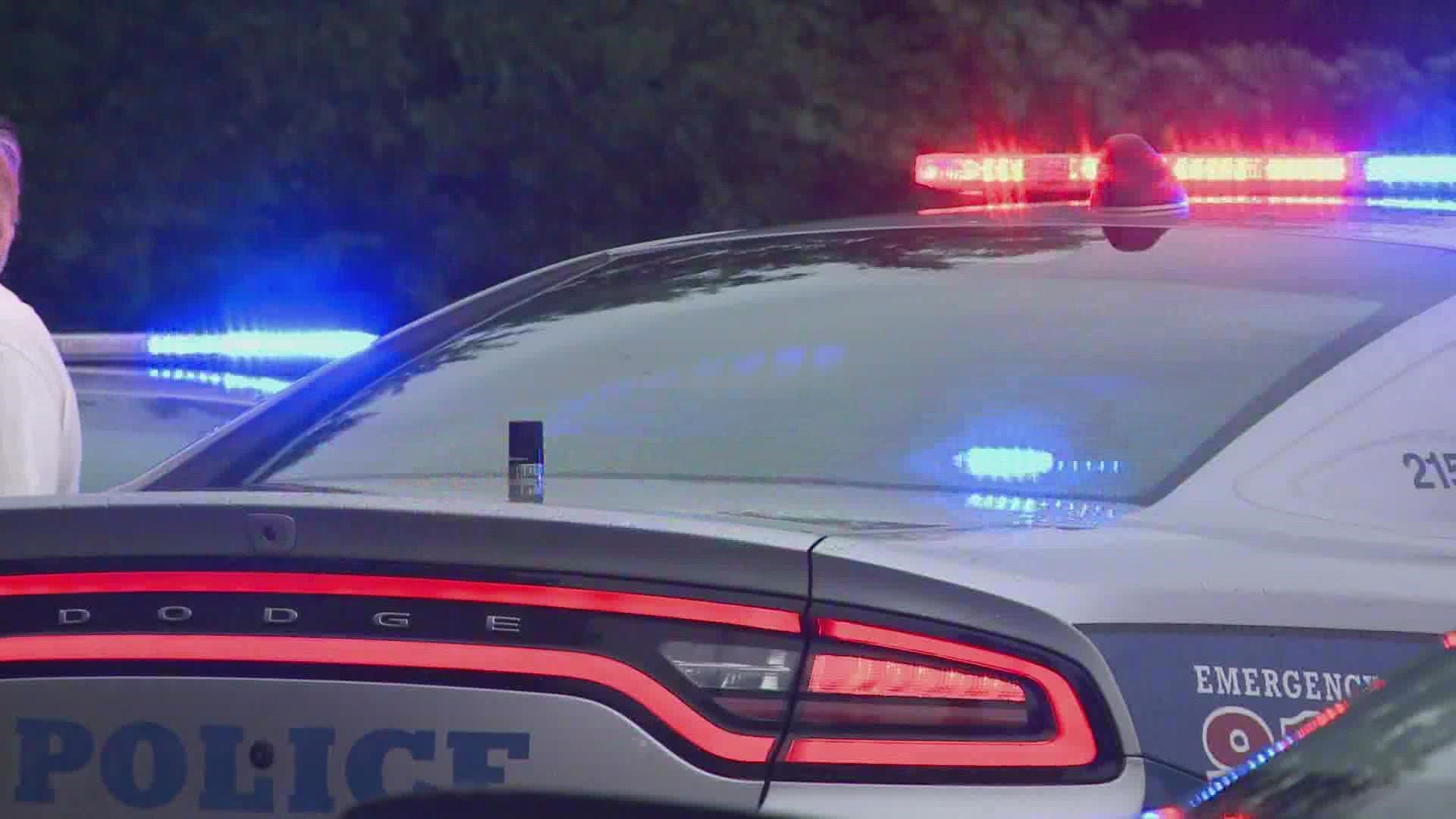WASHINGTON D.C., DC — The Federal Bureau of Investigation said that in 2021, there were 1,001 fewer hate crimes reported compared to the year before. However, some advocates cast doubt on that data due to many locations across the U.S. not participating in the study.
The data was released on Monday, tracking incidents of hate crimes by the kinds of bias, the types of locations where they happened, the states where they happened and other kinds of demographic information.
They said in 2021, there were 7,262 total hate crime incidents reported. Most of the crimes were motivated by hate against a person's race, ethnicity or ancestry, according to the data. The second-highest bias motivation was against a person's sexual orientation, they said.
There were 947 anti-white incidents reported in 2021, and 869 anti-white incidents reported in 2020. They said there were 2,217 anti-Black incidents reported in 2021 and 2,871 anti-Black incidents reported in 2020.
They said that in 2020, there were 1,110 incidents reported against sexual orientation. In 2021, they said there were 1,127 incidents reported.
"Burning a gay flag and saying, 'How they're going to kill us, gays,' saying, 'Youth think you can get married?' or, 'We're going to get you.' All kinds of threatening things they do," said Gibran Cuevas, with Appalachian Outreach. "Anyone who needs to report a crime, they can come to us if they want to report a crime."
In 2020, the FBI said a total of 15,138 agencies participated in the study, covering a total population of around 306 million people. The next year, data shows that the number of participating agencies shrunk by thousands.
They said only 11,834 agencies participated in 2021, covering a population of around 215 million people. Around 1,600 fewer cities with populations of under 10,000 people reported hate crime incidents, according to the data. Only around 65% of police agencies across the U.S. reported data, according to the FBI.
"A lot has to do with not documenting, not reporting," said Cuevas.
Appalachian Outreach said they have a liaison with the FBI, Maryville Police Department and Knoxville Police Department to make it easier and safer to report crimes.
The 2020 FBI data showed that Tennessee agencies only reported 93 hate crime offenses. In 2021, that number grew to 163. Most were reported as assaults, surpassing the number of reported intimidation incidents by four.
Most hate crime offenses in Tennessee were motivated by race, ethnicity or ancestry, according to the data in both 2020 and 2021. For both years, the number of incidents motivated by a bias against a person's sexual orientation was the second highest.
The FBI also said limited data was available for California, the District of Columbia, Illinois, Maryland, New Jersey, New Mexico, New York and Pennsylvania. They said that in 2020, California reported 1,537 offenses.
In 2021, California's reported number of offenses dropped to only 81, according to FBI data.
The Department of Homeland Security also said freedom of speech laws make it harder to prevent hate crimes, and they can be difficult to prosecute.
"A lot of these crimes fall into multiple categories and they're just not being reported in all categories. If a crime is easily prosecutable, a lot of times they will take the easier path rather than seeking to actually meet the higher standard with regard to the determination that it's a hate crime," said T. Scott Jones, a local criminal defense attorney.
At a previous presentation at Maryville College, the FBI said "non-threatening hate conduct is protected by the first amendment."
That includes organizing a gathering to promote hate, circulating offensive materials and posting bigoted views online. However, the first amendment does not protect "true threats," they said. The definition of a true threat from the Supreme Court is below.
A serious communication of an intent to commit an act of unlawful violence against an individual or group.
"It is not for us to tackle that speech itself, however odious, however offensive it might be," said Jones. "We get involved when there is a connectivity between an ideology and presence of hate."

